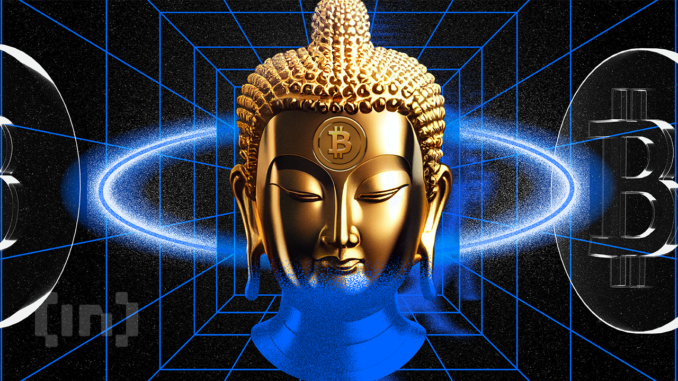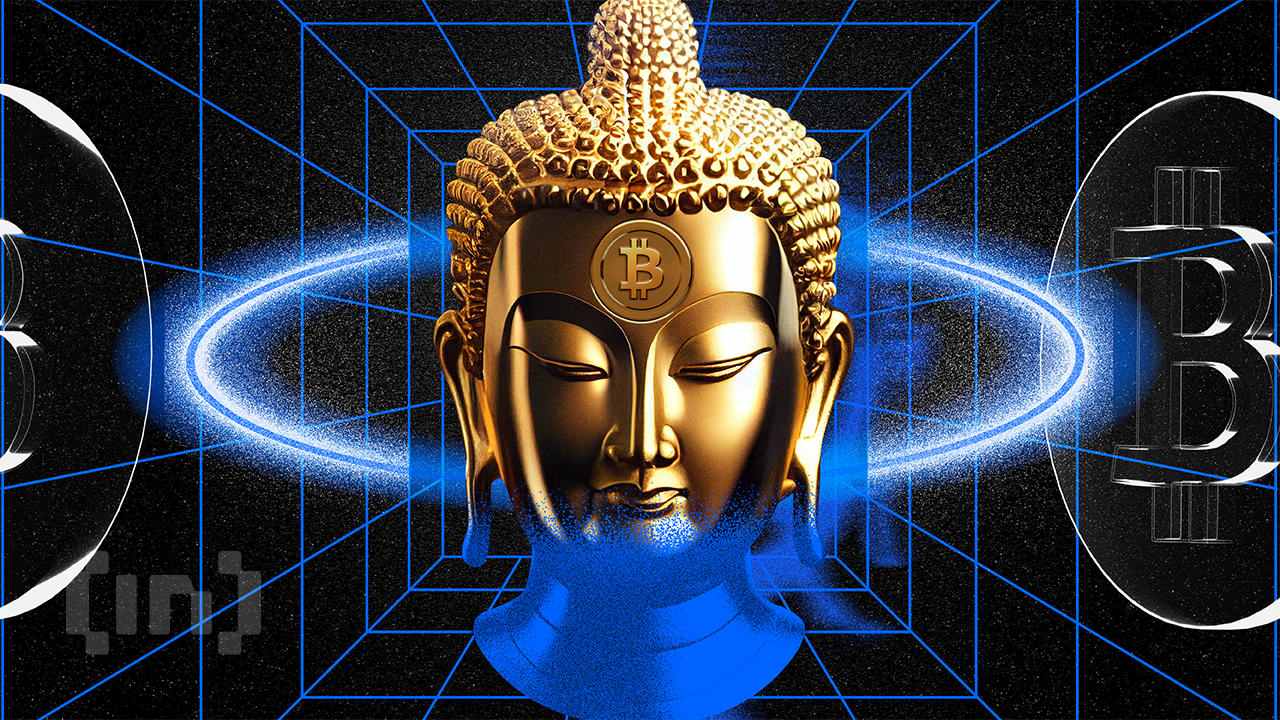
[ad_1]

In the rapidly evolving world of Bitcoin and cryptocurrencies, public sentiment can sway dramatically based on the opinions of a few key players. Billionaire PayPal co-founder and tech investor Peter Thiel is undeniably one of those influential voices.
Speaking at the Bitcoin 2022 conference in Miami, Florida, Thiel outlined what he perceives as significant enemies to the growth and prosperity of Bitcoin.
Peter Thiel Takes Shots at Bitcoin Public Enemies
According to Thiel, the foremost adversary of Bitcoin is the ‘finance gerontocracy.’
He coined this term to describe a society run by the old guard of finance—traditional figures with significant influence who resist the shift toward cryptocurrencies. He referred to renowned investor Warren Buffett as “enemy No. 1,” labeling him a “sociopathic grandpa from Omaha.”
And Thiel didn’t stop there. He also named JPMorgan CEO Jamie Dimon and BlackRock Chairman Larry Fink as part of this change-resistant group.
Thiel highlights that a broad institutional bias exists against Bitcoin and other cryptocurrencies. Large financial institutions, such as banks and investment firms, tend to be naturally averse to the potential disruption Bitcoin can bring to the existing financial system. Thiel argues that when these institutions, with trillion of dollars in AuM, choose not to allocate funds to Bitcoin, it is a deeply political decision.
Thiel is notably critical of ESG (Environmental, Social, and Governance) criteria, which he argues is being used as a cover to undermine Bitcoin. ESG principles are becoming a key part of investment strategies worldwide, often used to evaluate the ethical impact and sustainable practices of a company.
Thiel equates ESG to a “hate factory” for naming enemies, provocatively comparing it to the Chinese Communist Party. For him, the ESG movement represents a political force opposing Bitcoin and other elements of the corporate world.
For Thiel, Bitcoin represents more than just a digital currency; it is a revolutionary movement challenging the status quo. He calls for proponents of Bitcoin to push back against these ‘enemies,’ advocating for wider adoption of Bitcoin, encouraging institutional investors to allocate some of their holdings into Bitcoin, and challenging the wave of anti-crypto sentiment.
Half In And Half Out
Thiel sees Bitcoin as a financial instrument and a critical player in the political struggle against certain oppressive elements of modern financial institutions.
Thiel’s outspoken stance provides a thought-provoking view into the perception of Bitcoin in the context of global finance and politics. Bitcoin and other cryptocurrencies are still fighting to gain traction. As time goes on, the push and pull between ‘revolutionary’ digital assets and ‘traditional’ financial authorities will intensify. The question is not just whether Bitcoin will survive but how it will reshape finance and politics and who will be leading the charge on each side of this new frontier.
Peter Thiel has long been a fervent supporter of Bitcoin. But the recent actions of his venture capital firm, Founders Fund, have ruffled feathers within the cryptocurrency community. Founders Fund executed a sweeping exit from its cryptocurrency positions, netting an astonishing profit of $1.8 billion in the process.
The San Francisco-based fund first entered the market when BTC traded under $1,000. Over the years that followed, the fund substantially augmented its cryptocurrency holdings.
According to sources cited by the Financial Times, Founders Fund now maintains a minimal exposure to cryptocurrencies. This is a stark contrast to Thiel’s prior comments. In an ironic twist, the PayPal co-founder admitted to feeling “underinvested” in Bitcoin. This was just a few months before Founders Fund strategically withdrew its stakes in digital assets.
This narrative paints a complex and somewhat contradictory picture of Thiel’s stance. On one hand, he is a vocal advocate for Bitcoin’s revolutionary potential. However, he oversees a fund that has seemingly chosen to sidestep the volatility and risk of the current crypto market.
Disclaimer
In adherence to the Trust Project guidelines, BeInCrypto is committed to unbiased, transparent reporting. This news article aims to provide accurate, timely information. However, readers are advised to verify facts independently and consult with a professional before making any decisions based on this content.
This article was initially compiled by an advanced AI, engineered to extract, analyze, and organize information from a broad array of sources. It operates devoid of personal beliefs, emotions, or biases, providing data-centric content. To ensure its relevance, accuracy, and adherence to BeInCrypto’s editorial standards, a human editor meticulously reviewed, edited, and approved the article for publication.
[ad_2]
Source link

Be the first to comment